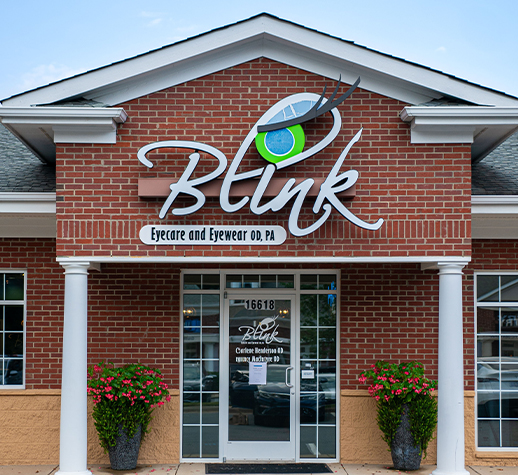
As a parent, you often get concerned about your child's wellness and education. It is vital to consider possible factors contributing to their struggles in school. One often overlooked factor is vision, which can significantly impact a child's academic performance.
Common Vision Issues in Children
The most common vision problems that affect your child's academic performance include:
Myopia
This is one of the most common vision issues among children. It causes distant objects to appear blurry, making it hard for children to see well in and outside of the classroom. Myopia usually starts developing during childhood and progresses until early adulthood. The increasing prevalence of myopia in recent years is concerning. Studies show a possible link between nearsightedness and prolonged near-work activities, increased screentime, and limited outdoor play.
Hyperopia
This occurs when an individual can see distant objects better than nearby objects. Children with this problem may experience eyestrain and headaches. They may also have difficulty concentrating on close-up tasks such as reading or writing. Hyperopia can lead to problems with reading comprehension and learning.
Astigmatism
Astigmatism causes distorted or blurred vision at all distances. It occurs when the shape of the cornea or eye lens is imperfect, leading to irregular focus. Children with astigmatism may have difficulty differentiating between letters and numbers, which can hamper their reading and writing abilities.
The Importance of Professional Eye Examinations
Vision screenings in schools are a valuable tool for identifying potential issues, but they are not as comprehensive as an examination with an accredited eye doctor. Relying solely on these screenings can overlook complex visual problems.
Only professional eye doctors, like optometrists or ophthalmologists, can help. They possess the expertise and equipment necessary to conduct thorough eye examinations.
Identify Vision Problems Beyond 20/20
Vision screening only focuses on visual acuity, often measured by the 20/20 standard. This approach does not provide a complete picture of your child's visual health. Professional eye examinations assess different aspects of vision.
These include:
Eye teaming
Eye tracking
Depth perception
Focusing abilities
These evaluations help identify underlying vision problems that may hinder your child's ability to read and concentrate.
Treating Vision Issues for Improved Academic Performance
Early detection and intervention are vital for treating vision issues in children. Your child can get a tailored treatment plan when they visit a professional eye doctor that will accurately address their visual needs.
Children can wear prescription eyeglasses or contact lenses to correct refractive errors like myopia. Your specialist may also recommend vision therapy to enhance eye coordination, tracking, and focusing abilities.
Act for Your Child's Future
Be proactive about your child's vision and academic performance. Consider their vision a potential factor if they struggle in school and schedule a comprehensive eye examination with a professional eye doctor. Get a specialist who can identify and address any vision problems. Taking action provides the visual tools they need to succeed in school as well as promotes their eye health and well-being.
For more solutions when your child is struggling in school, contact Blink Eyecare and Eyewear in Charlotte, North Carolina by calling (704) 817-3800.












